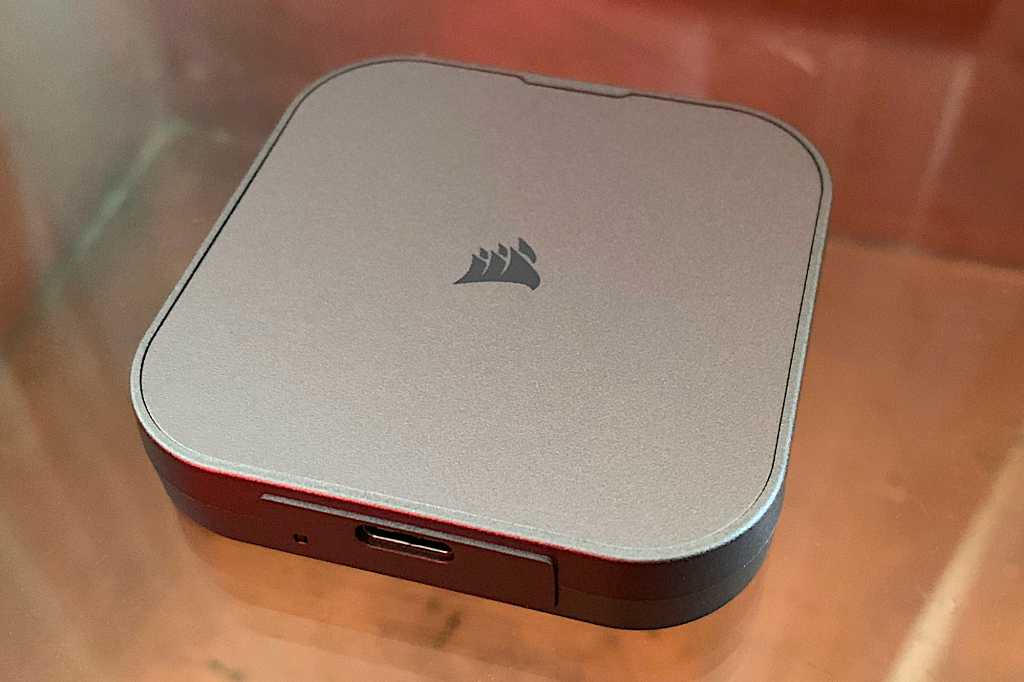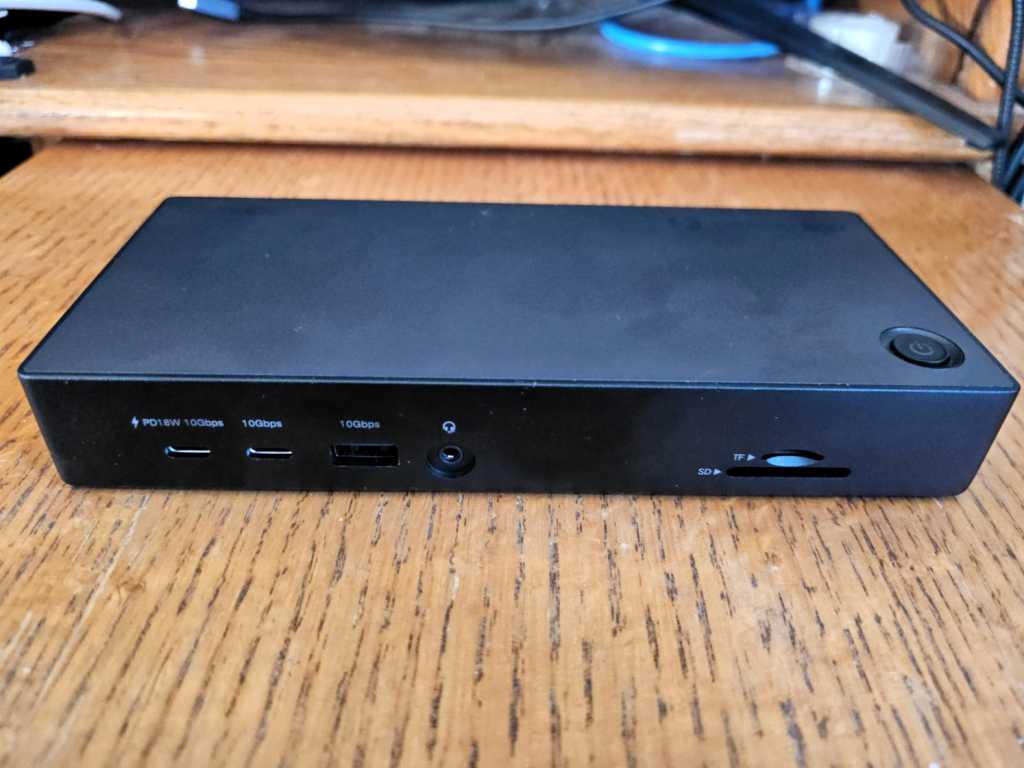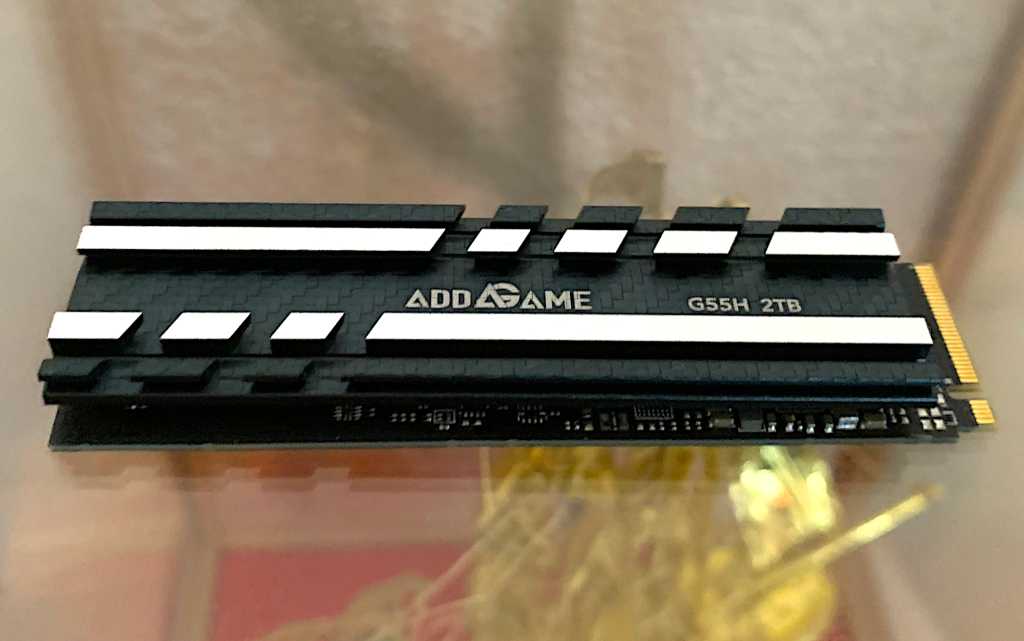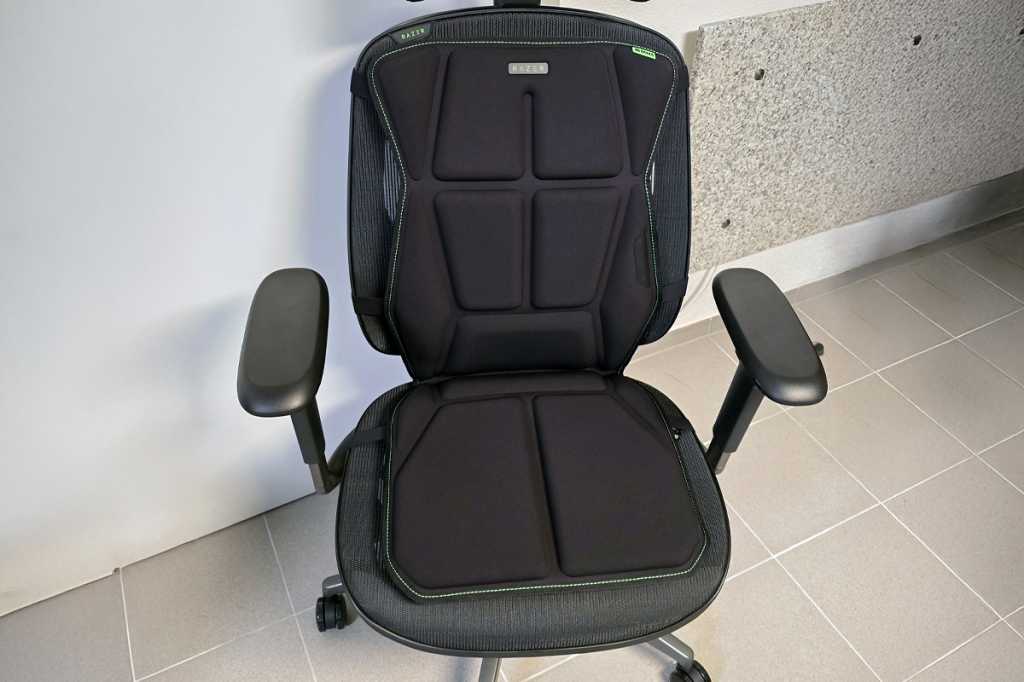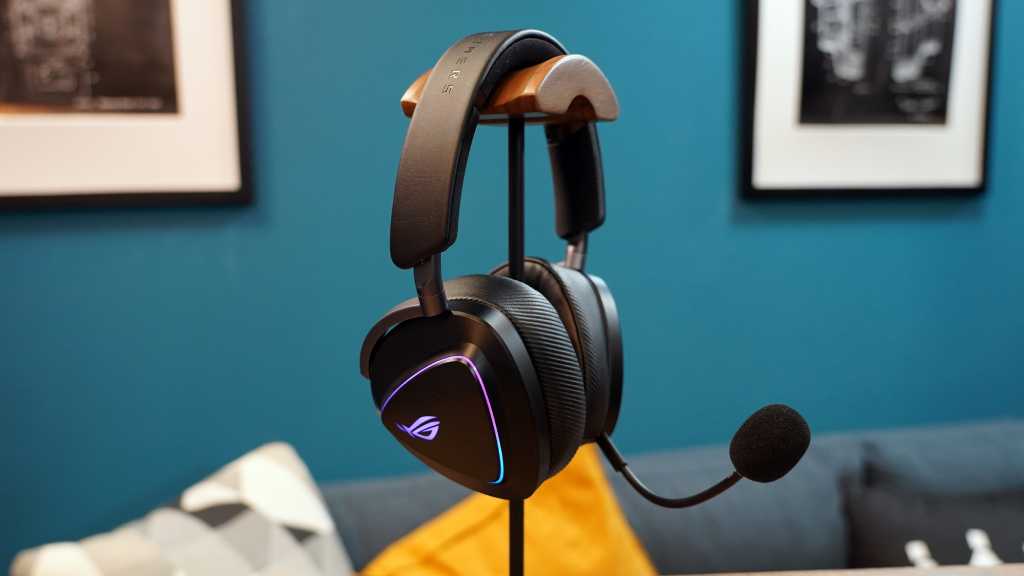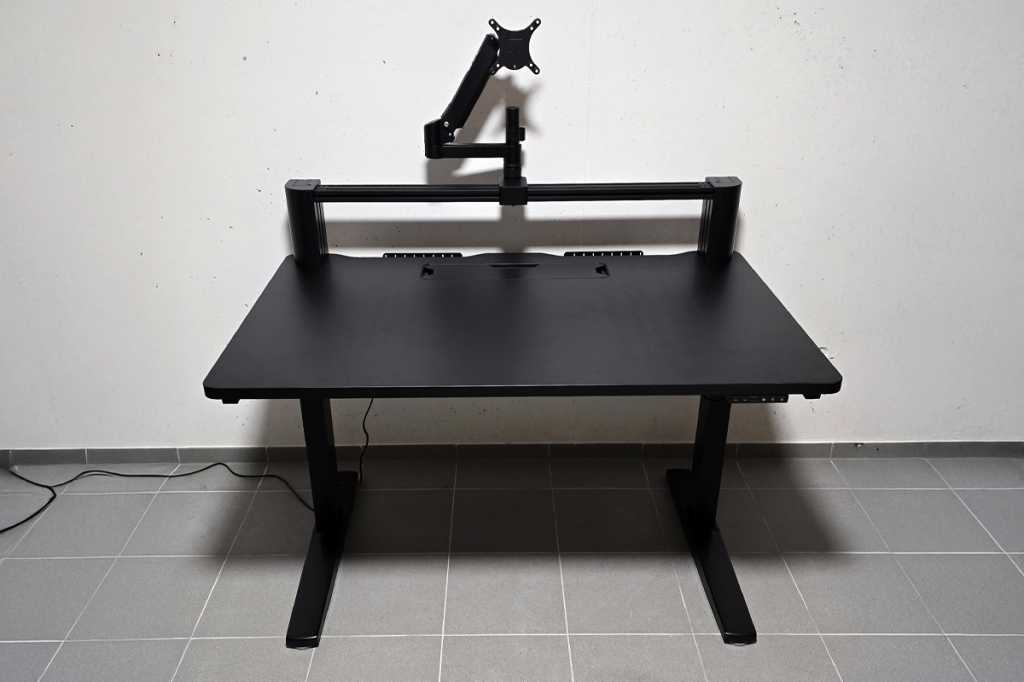The Corsair EX400U is one of the smallest USB4 SSDs available. It’s also stylish, compact, and boasts impressive read speeds, although its write performance is closer to a 20Gbps USB SSD. Given its competitive price, it’s a compelling external storage option. Read on for a comprehensive review and see how it stacks up against the competition.
Design and Features
The EX400U is a sleek, pewter-colored USB4 SSD, measuring approximately 2.5 inches square and just under an inch thick. Weighing only 1.8 ounces, it’s remarkably lightweight yet feels substantial in hand.
A surprising feature is the magnetic white circle on the bottom of the drive. This allows for convenient attachment to various metal surfaces. Unfortunately, many modern devices, like the aluminum Mac Studio, lack the ferromagnetic properties required for this feature.
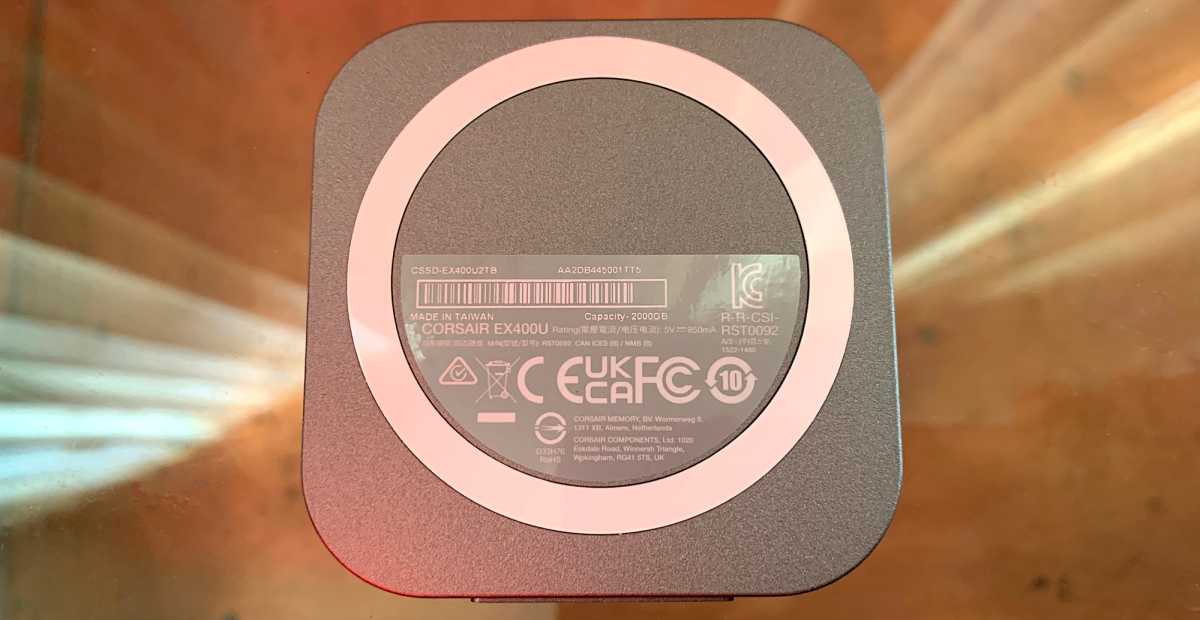 altThe underside of the Corsair EX400U showcasing the magnetic white circle.
altThe underside of the Corsair EX400U showcasing the magnetic white circle.
Corsair transparently discloses the EX400U’s internal components: a Phison PS2251-21 controller and layered TLC NAND. This USB4-specific controller eliminates the need for a bulky bridge chip, contributing to the drive’s compact size and lower cost. However, its performance doesn’t quite match that of the ASMedia ASM2464PD found in higher-priced competitors.
Pricing and Warranty
The Corsair EX400U comes in 1TB, 2TB, and 4TB capacities, priced at $130, $190, and $350, respectively. While not the absolute cheapest, it’s significantly more affordable than competitors like the Adata SE920 and OWC Express 1M2. It’s even competitively priced against DIY solutions like the Ugreen CM850 or CM642 enclosures, especially when factoring in the cost of a separate SSD. The EX400U carries a three-year warranty or a 250 TBW (Terabytes Written) rating per 1TB of capacity. This TBW rating is lower than the typical rating for TLC NAND and more in line with QLC SSDs.
Performance
The EX400U excels in multi-queued read speeds, but its write and single-queue performance align more with a 20Gbps (USB 3.2×2) SSD than a high-end USB4 SSD like the Adata SE920 or OWC Express 1M2.
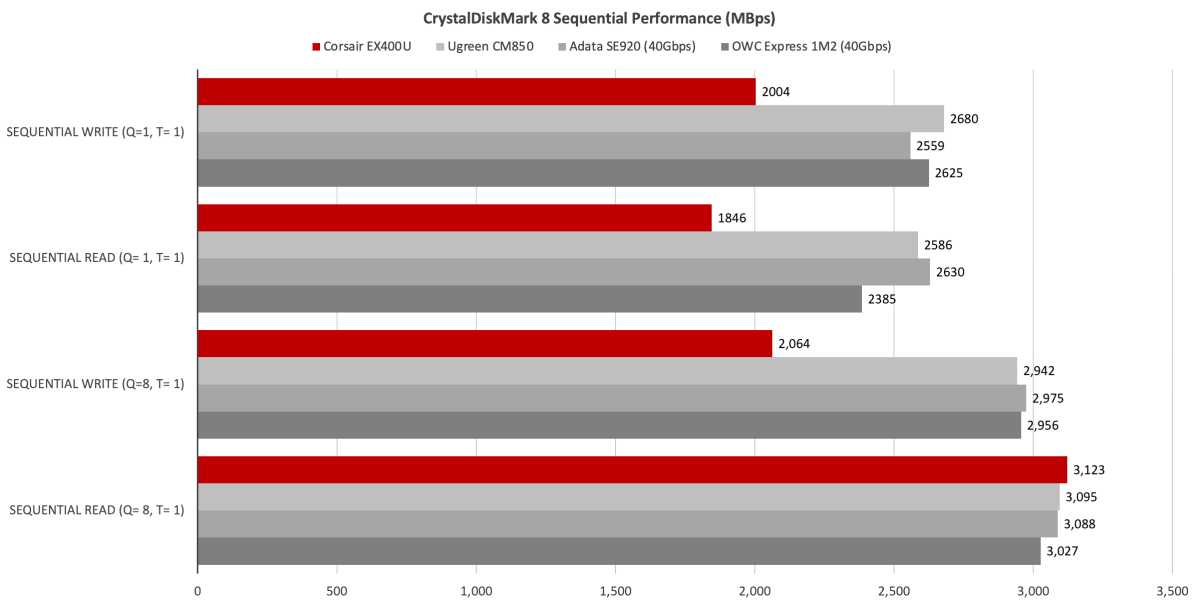 altBenchmark results comparing the EX400U’s sequential read and write speeds against other USB4 and USB 3.2×2 SSDs.
altBenchmark results comparing the EX400U’s sequential read and write speeds against other USB4 and USB 3.2×2 SSDs.
In CrystalDiskMark 8’s random tests, the EX400U proved more competitive, even outperforming some competitors in single-queue, single-thread write speeds.
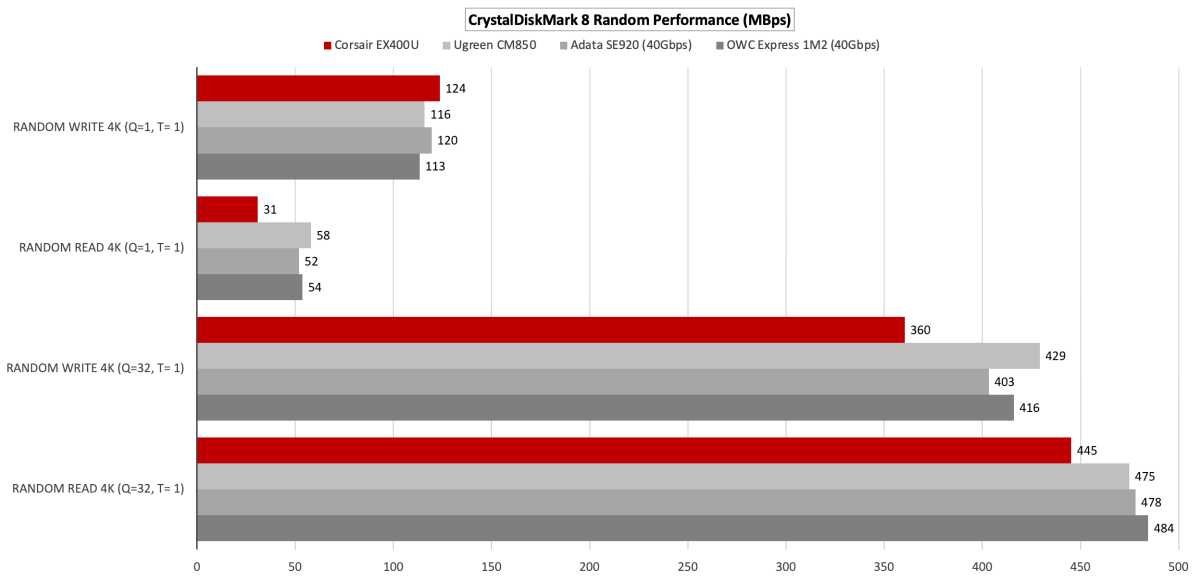 altCrystalDiskMark 8 random test results highlighting the EX400U’s competitive performance.
altCrystalDiskMark 8 random test results highlighting the EX400U’s competitive performance.
Real-world 48GB and 450GB transfer tests confirmed the CrystalDiskMark findings. While fast, the EX400U lagged behind other USB4 SSDs in overall transfer speeds.
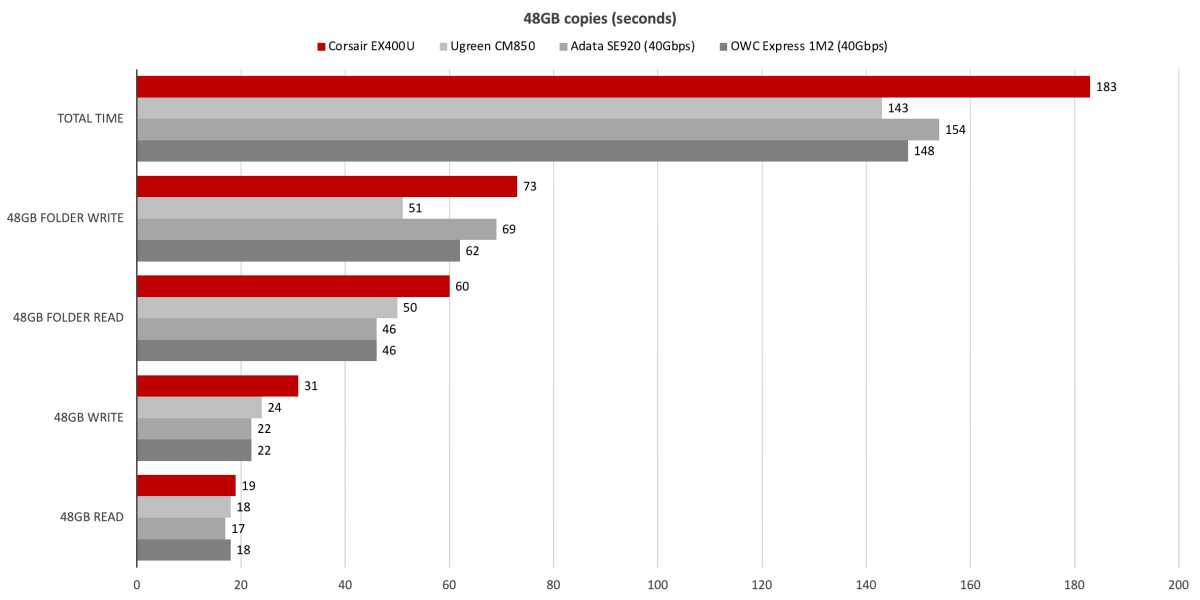 alt48GB transfer test results.
alt48GB transfer test results.
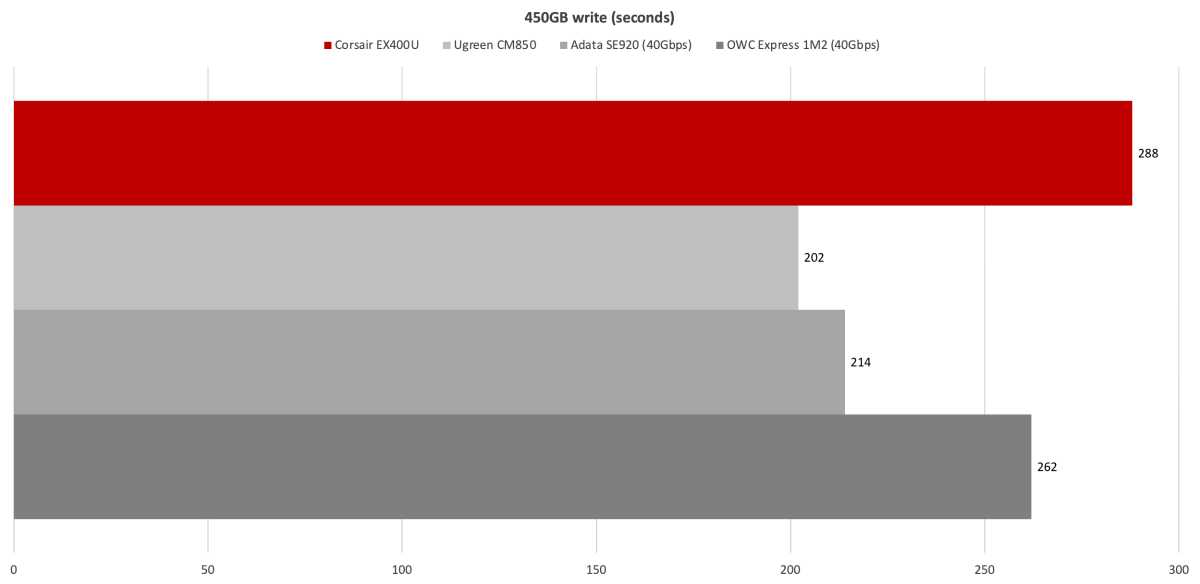 alt450GB transfer test results.
alt450GB transfer test results.
Despite these comparisons, it’s important to note that the EX400U still performs admirably, ranking 7th overall among tested external SSDs. It outpaces every 20Gbps SSD and several Thunderbolt 3/4 SSDs tested.
Conclusion
The Corsair EX400U offers compelling value. While not the fastest USB4 SSD, its affordability, broad compatibility with PCs and Macs, and compact design make it a solid choice.
Testing Methodology
Drive tests were conducted on Windows 11, 64-bit, running on an X790 motherboard with an i5-12400 CPU, 64GB of Kingston Fury DDR5 RAM, and integrated 20Gbps USB and Thunderbolt 4 ports. Tests were performed on a freshly NTFS-formatted and TRIM’d drive. Performance may vary based on capacity, components, and usage.



